Victims of sexual abuse demand action from UN and Vatican

Victims of clerical abuse have travelled to Geneva to urge the United Nations to force the Vatican to honour its international obligations.
“It’s a pandemic and it has to stop,” Adalberto Mendez, founder of Ending Clergy Abuse (ECA), told reporters in Geneva on Tuesday. “It’s a huge problem, a human rights problem, not just in Europe, but all over the world.”
In Geneva, members of ECA and victims are due to hold talks on the sidelines of the UN Human Rights Council. The aim is to have a first meeting with representatives of states on how to hold the Vatican accountable for breaches of its international obligations.
Talks are also planned with the Committees on the Rights of the Child and against Torture. ECA wants to know whether the Holy See has officially replied to a request made almost ten years ago in reports by the independent experts of these two bodies for the Vatican to honour its international obligations.
+ Catholic Church reforms necessary, says Swiss Cardinal
The ECA plans to continue its work in The Hague. It wants to request the International Court of Justice (ICJ) for an analysis of the legal status of the Holy See. It also wants the International Criminal Court (ICC) to take up certain cases.
Canada involved
“Genocide and crimes against humanity are not exclusively perpetrated during wars,” said Mendez. “In the case of clergy abuse in Canada, it is clearly genocide,” he said. “And in Colombia, we have seen perhaps the first solid case of crimes against humanity by a church agency and a group of priests.”
The ECA leaders were accompanied to Geneva by several survivors of abuse from different countries. “I ask Pope Francis to stop covering up certain perpetrators,” said Diego Perez from Argentina. His abuser committed suicide, but Perez is pursuing the man who protected the priest, Victor Fernandez.
+ What next for the Catholic Church after abuse claims?
He was one of the new cardinals appointed a few days ago by the Pope, alongside Emil Paul Tscherrig from canton Valais in Switzerland.
Another victim, Canadian Evelyn Korkmaz, called on the Catholic Church in her country to open its archives following the revelation two years ago of mass graves involving more than 200 indigenous children in Canada. “I will continue to speak out until there is zero tolerance,” she says.
These children were forcibly removed from their families and educated in a Catholic establishment from the end of the 19th century until the end of the 1960s. The site was then taken over by the government in the 1970s and closed in the mid-1990s.
On Monday, ECA unveiled a proposal for a “zero tolerance” law in Rome, which it wants the Vatican to enforce. According to the NGO, priests responsible for abuse and those who cover up should be stripped of all religious titles.
+ Sweeping study finds 1,000 cases of sexual abuse in Swiss Catholic Church since 1950
In Switzerland a recent University of Zurich study reported that over 1,000 acts of sexual abuse had been perpetrated by Catholic clerics and members of the Order since 1950 in Switzerland.
“The case of Switzerland shows the scale of the problem,” said Mendez. The total number of victims worldwide is uncertain. Officially, it is estimated at around 100,000. But this figure could be three times higher in some countries alone, says the ECA founder.
This news story has been written and carefully fact-checked by an external editorial team. At SWI swissinfo.ch we select the most relevant news for an international audience and use automatic translation tools such as DeepL to translate it into English. Providing you with automatically translated news gives us the time to write more in-depth articles. You can find them here.
If you want to know more about how we work, have a look here, and if you have feedback on this news story please write to english@swissinfo.ch.

In compliance with the JTI standards
More: SWI swissinfo.ch certified by the Journalism Trust Initiative












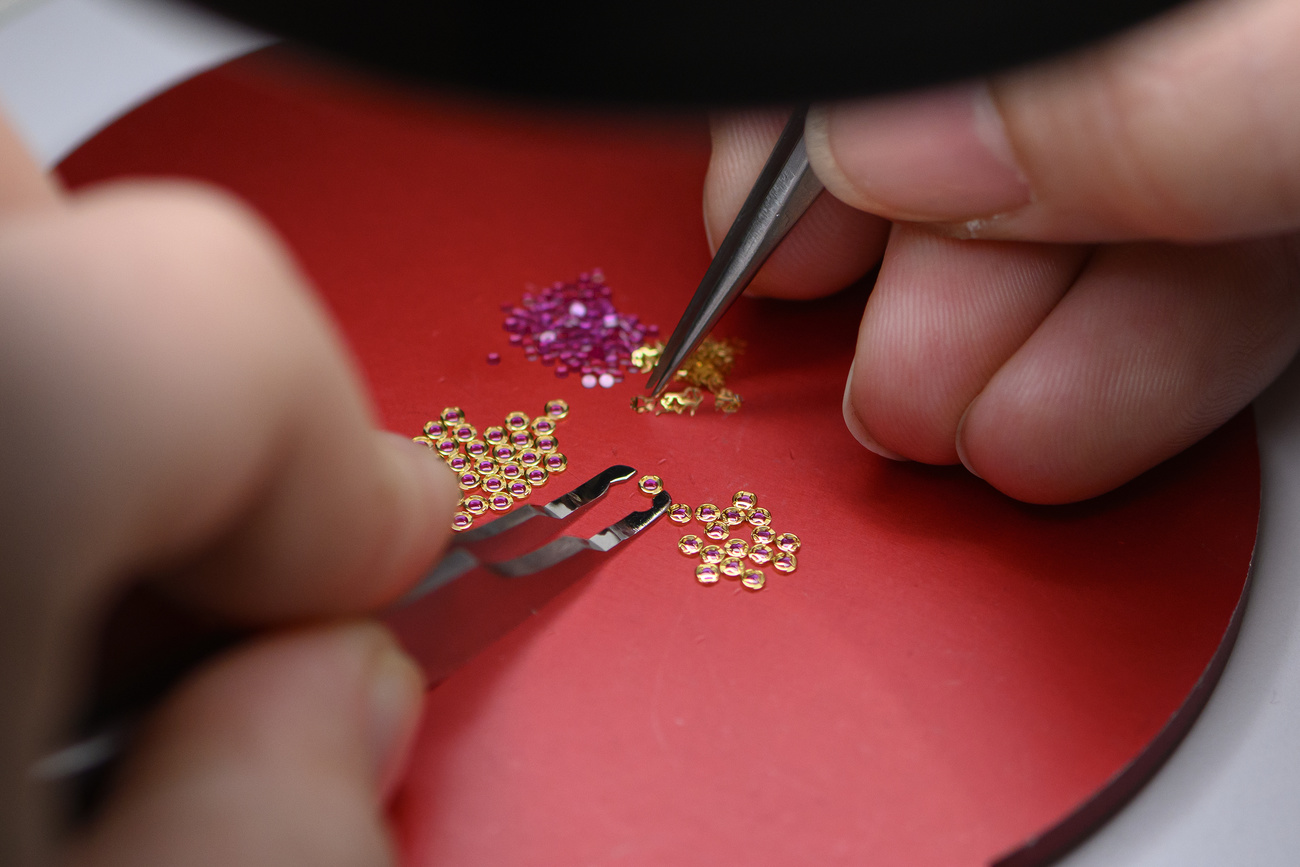

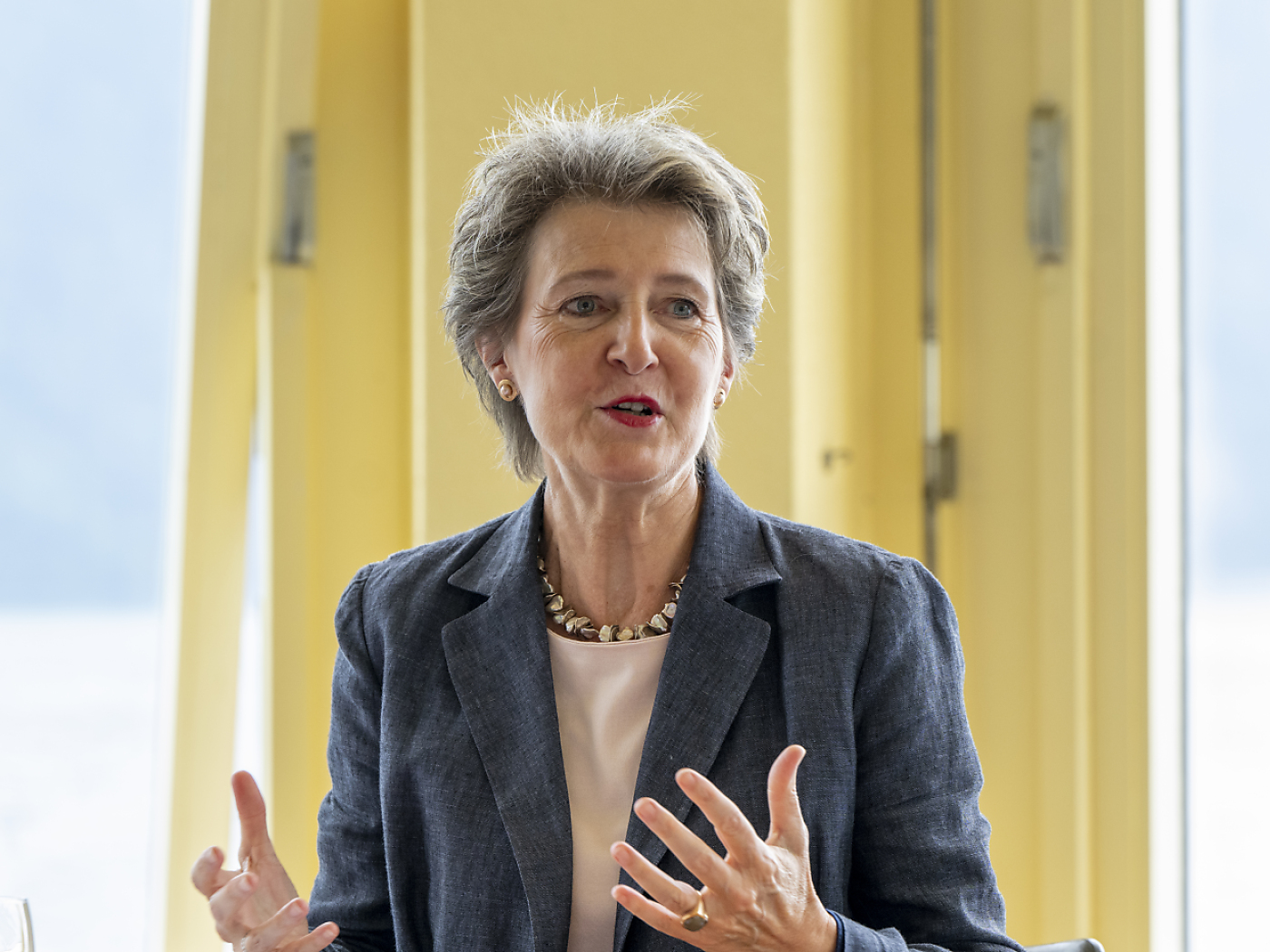
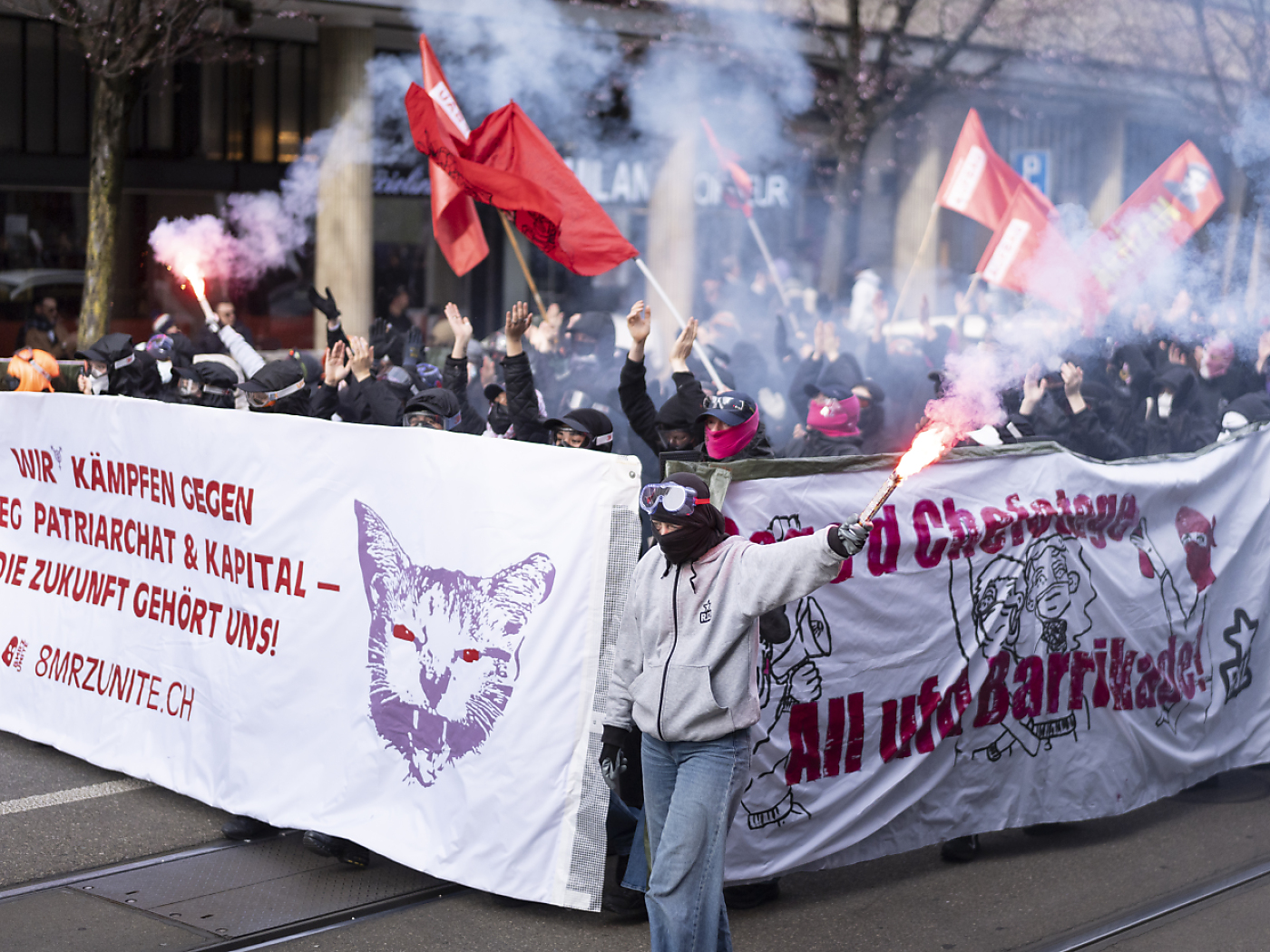



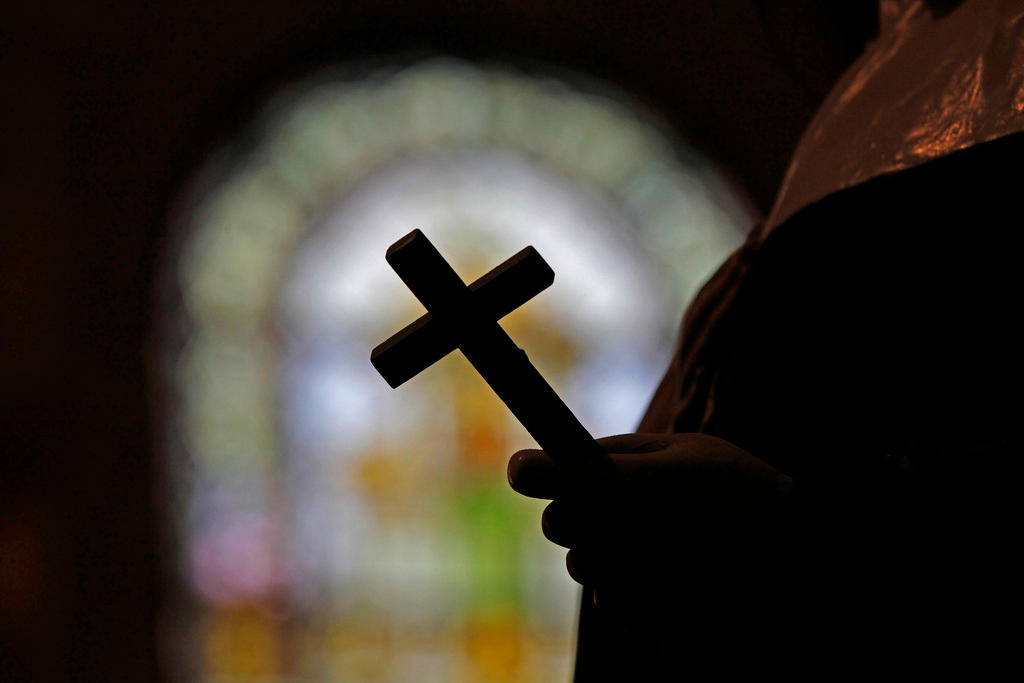
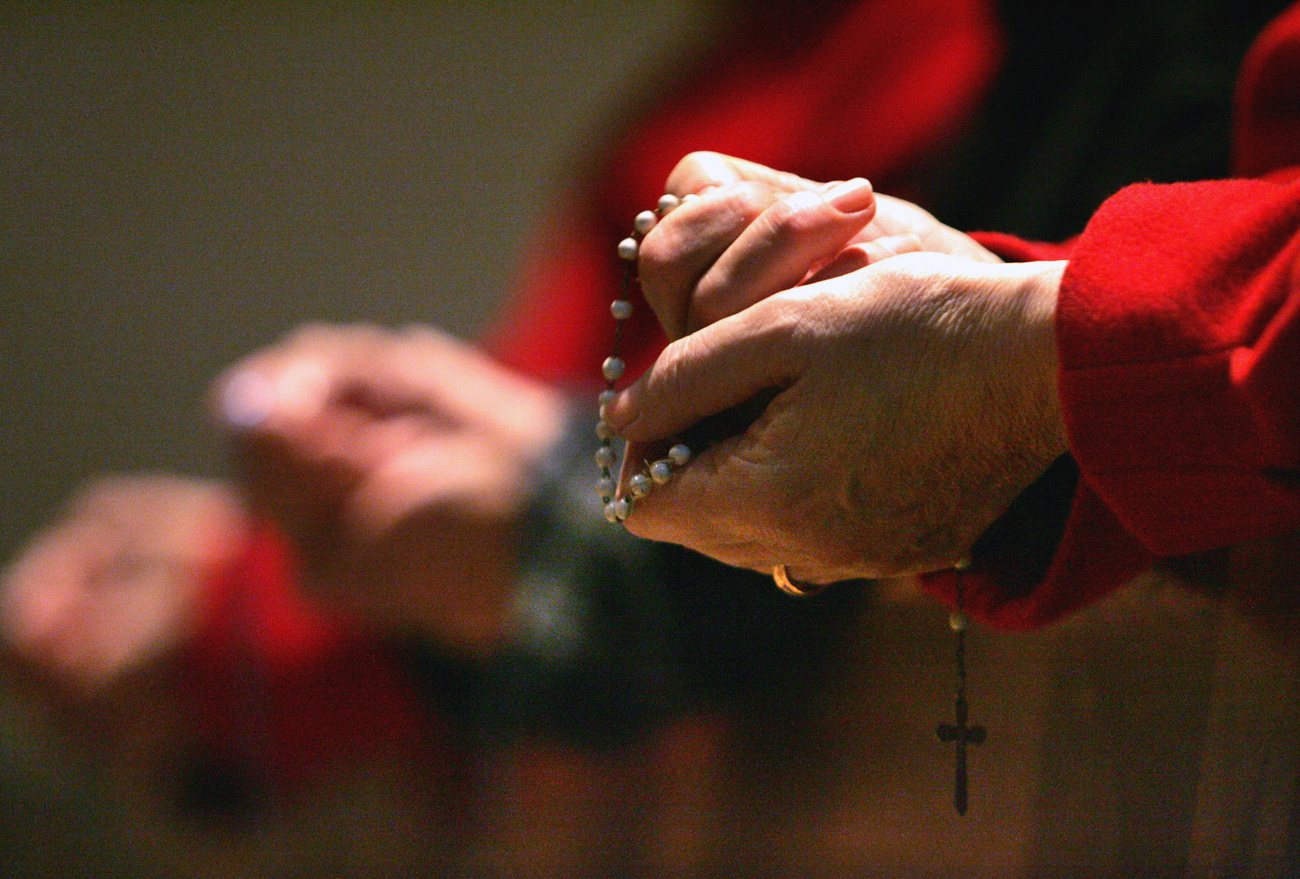
You can find an overview of ongoing debates with our journalists here . Please join us!
If you want to start a conversation about a topic raised in this article or want to report factual errors, email us at english@swissinfo.ch.